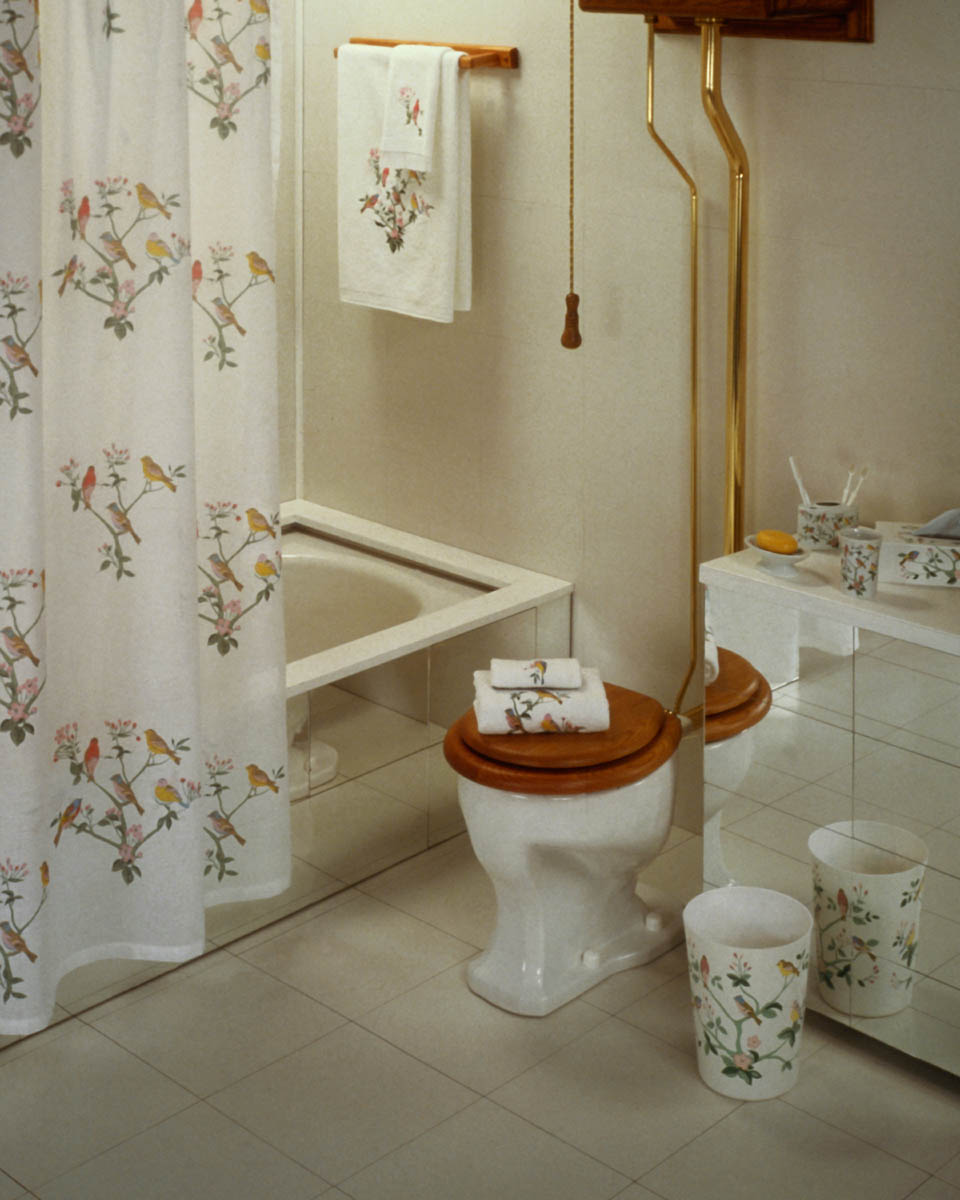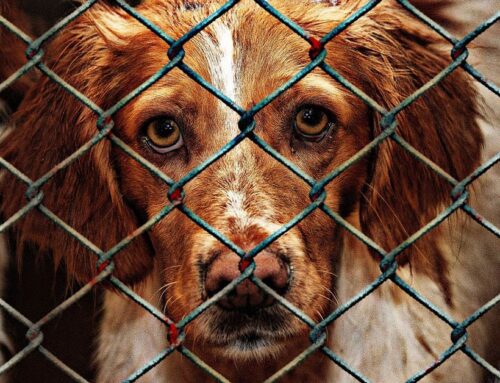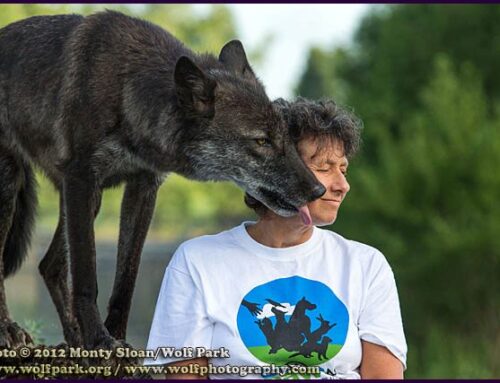 It’s true, sh*t happens and when it does it’s good to know about it. It’s like those fast food restaurants with the sign in the bathroom that says ‘Please let us know if this restroom does not meet our high standards for cleanliness’. If sh*t happens and you don’t know about it, how can you clean it up?
It’s true, sh*t happens and when it does it’s good to know about it. It’s like those fast food restaurants with the sign in the bathroom that says ‘Please let us know if this restroom does not meet our high standards for cleanliness’. If sh*t happens and you don’t know about it, how can you clean it up?
In the industry of animal rescue, and find fault with my use of the term ‘industry’ if you like, there is a lot of sh*t going on that doesn’t make it into the reports and stories created to provide PR and donations for the group doing the rescue.
I catch sh*t from people who insist that getting a dog into a home and out of a shelter is worth doing, whether there has been adequate evaluation of the dog’s and future owner’s needs and skills or not. Some will say that the odds are better for the animal, 100% chance of dying in a shelter vs. some unknown percent chance of suffering in a home, or wherever they end up. But make no mistake in plenty of cases they die anyway. They may suffer emotionally and physically while being passed from home to home or shelter to shelter. They may be forced to live a life of confinement or isolation. They may be ‘adopted’ by dog traffickers who sell dogs to labs or fight rings. If the dog is intact they may be used for breeding. They may end up as part of a hoarder’s collection and receive inadequate care. In a surprisingly high number of cases they may flee from their home and never be recovered.
How many shelters and rescue groups have statistics regarding how many animals are still in their original home, with contented owners, a year after being adopted? And if they don’t have them, why not? How can we raise our pompoms and cheer for dogs being placed in homes if those placements are ultimately unsuccessful? How can a group learn to improve their assessment of dogs and potential owners unless they can see the results of their current practices and procedures? I already know all of the excuses for not doing this kind of follow-up, time and money being high on the list. But I just don’t buy them. If we seriously want to declare ourselves ‘animal advocates’ then the ‘out of sight out of mind’ rationale doesn’t hold water.
If we are committed to the animals in our care we can find ways to ensure that we are doing the best we can for them. But we’ll never know how to do that until we are willing to expand our vision to include the ‘big picture’ and not just the snapshot ‘feel good’ moment of adoption.





